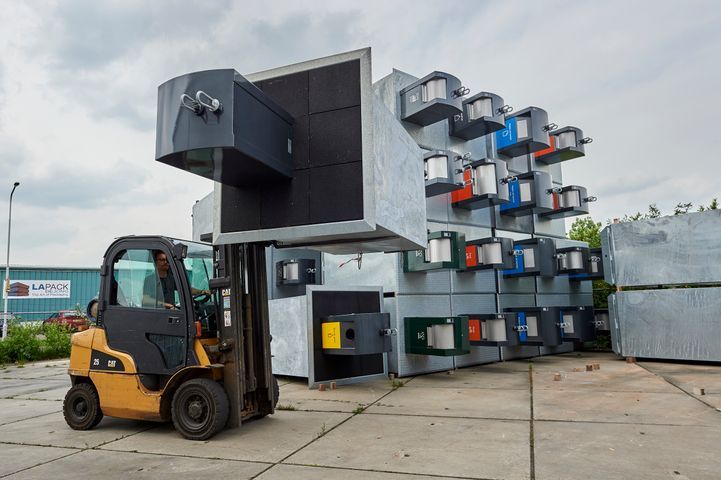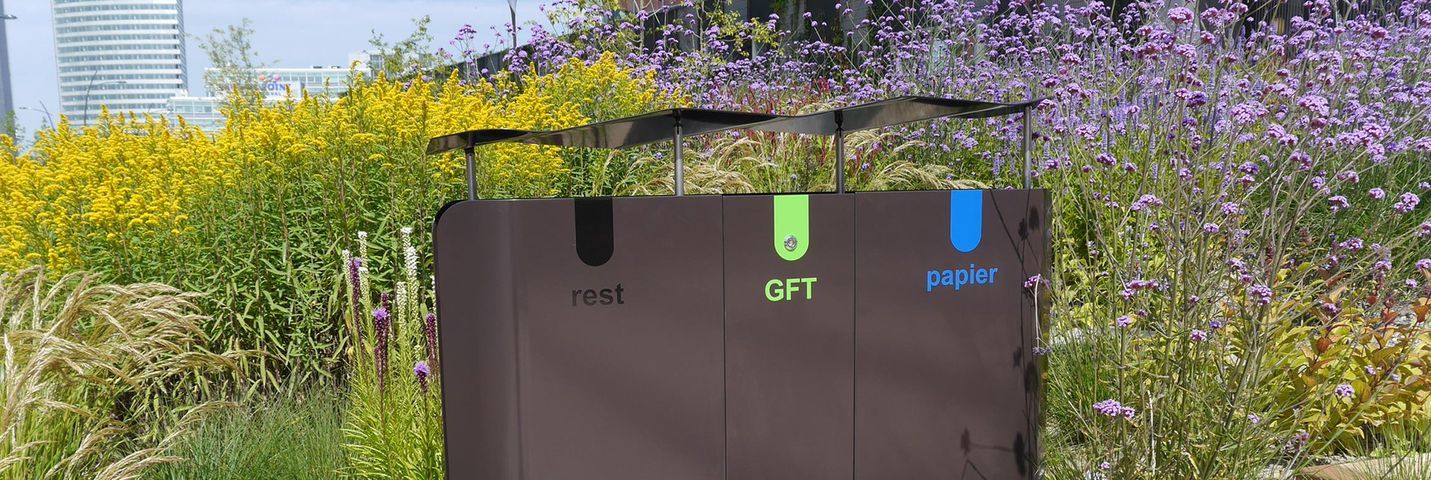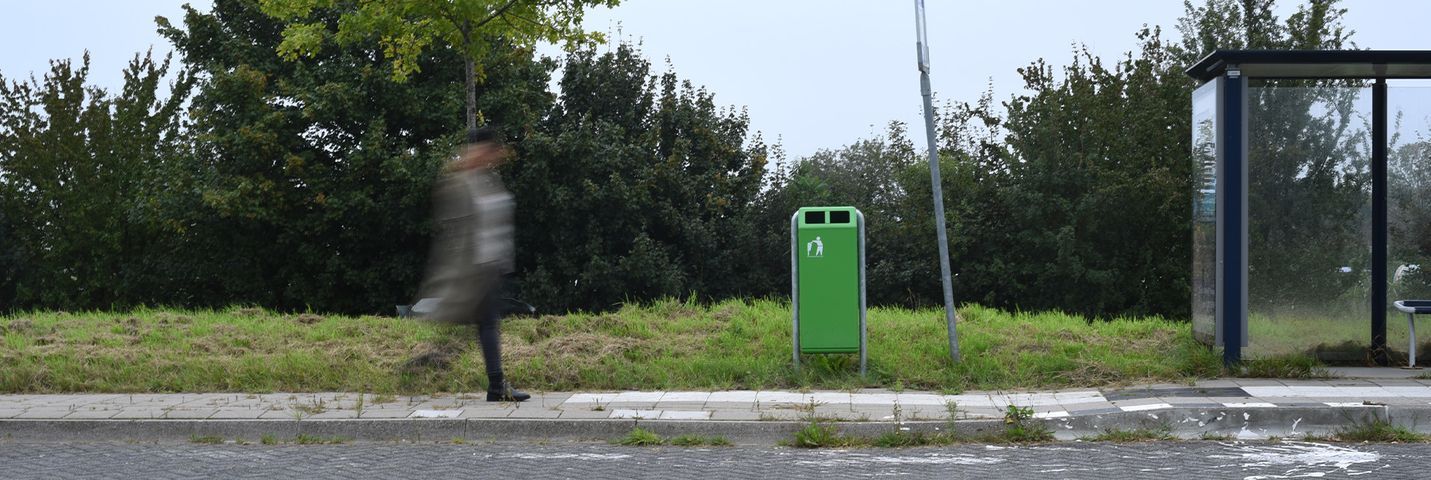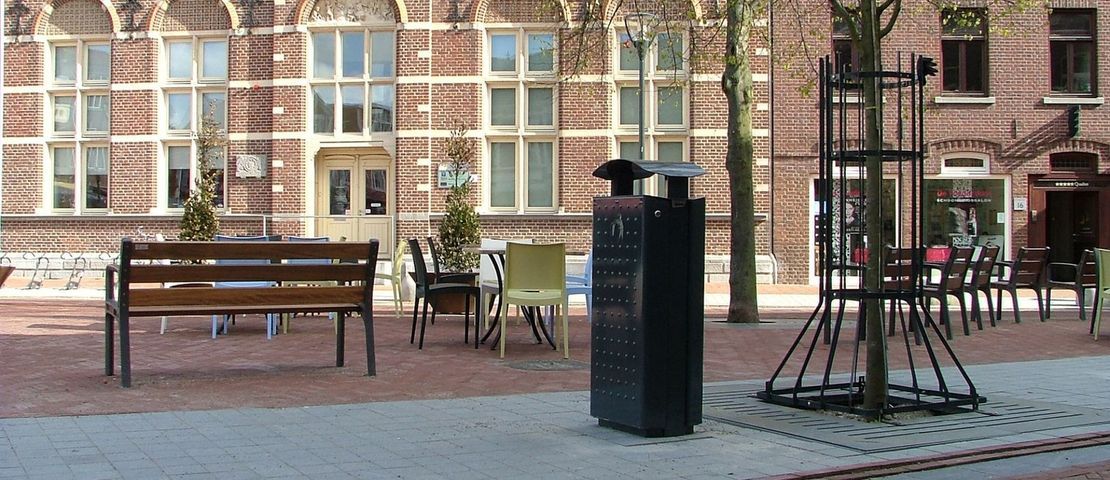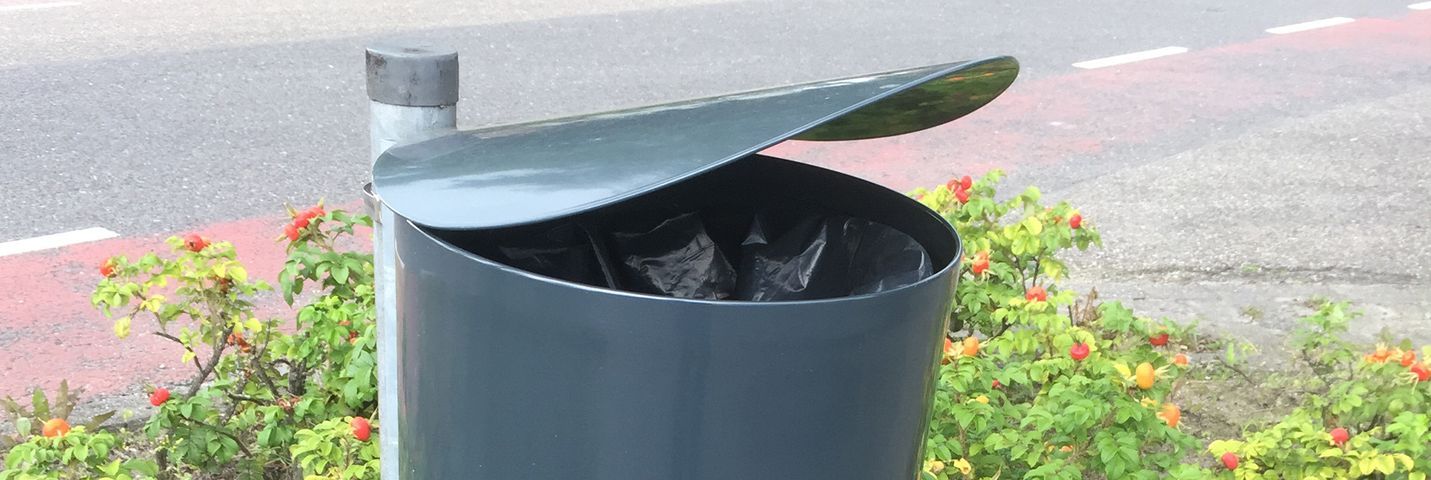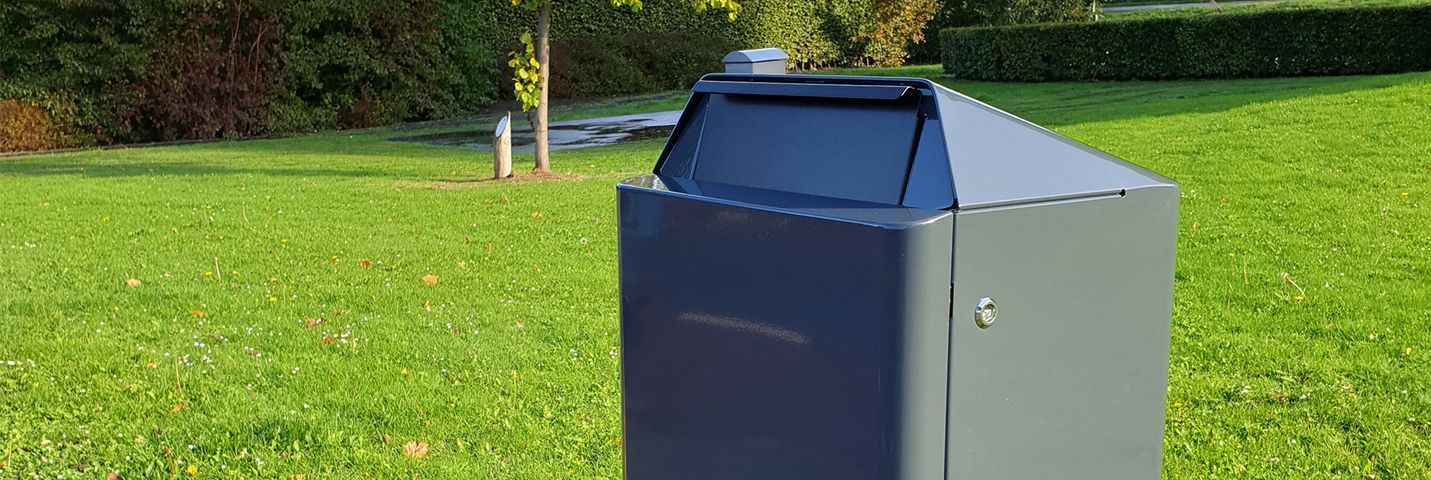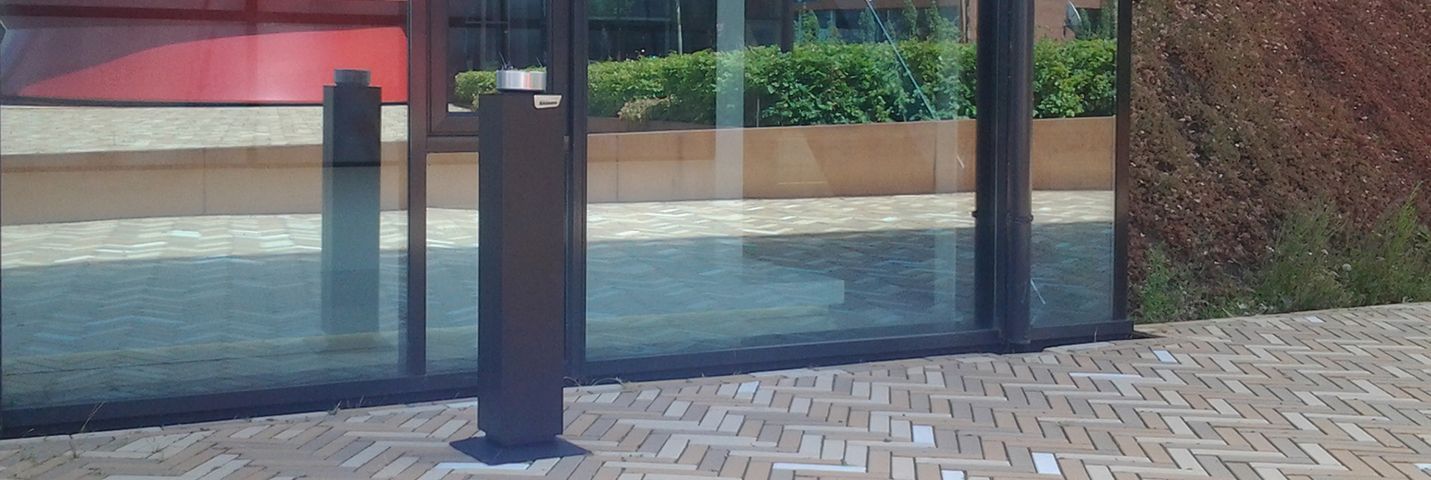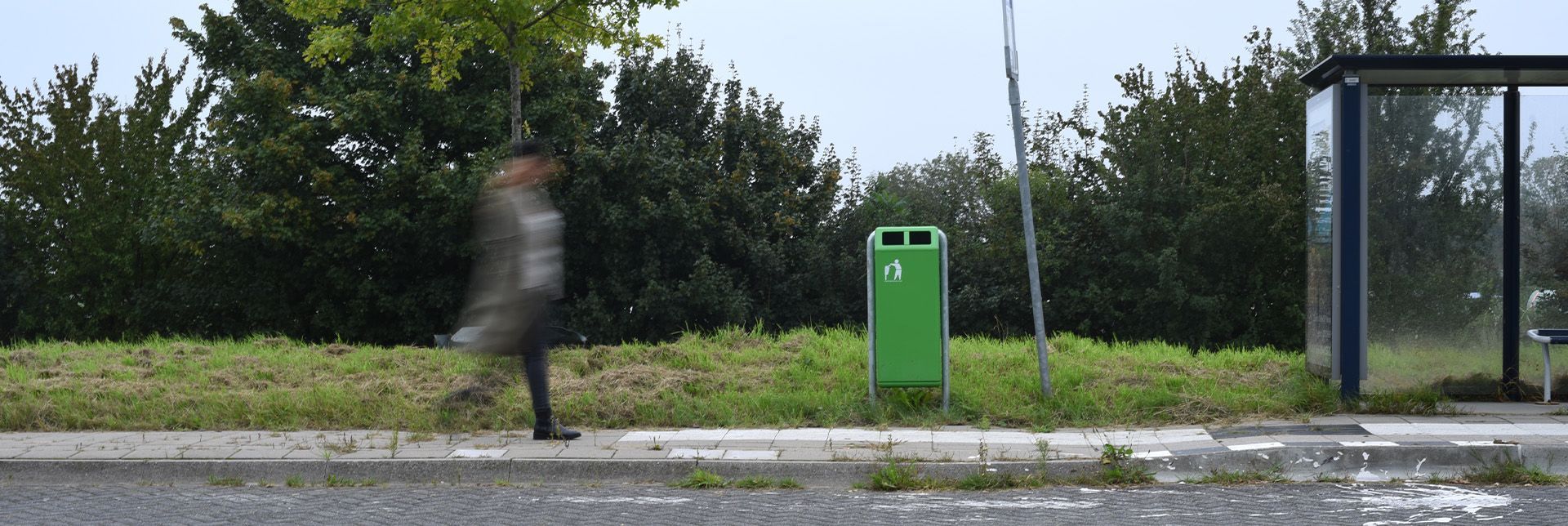
Nieuwe Bammens website
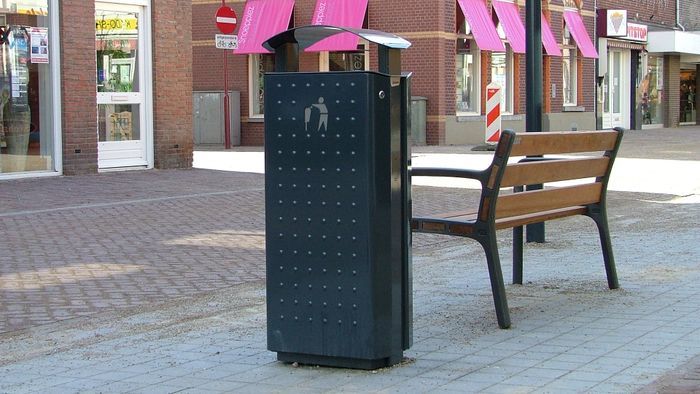
Nieuwe website, zelfde producten
U bent vanuit Bammens.com doorgestuurd naar onze website. Wees niet bang! Dit klopt helemaal. In 2018 heeft VConsyst het bedrijf Koninklijke Bammens B.V. overgenomen. Vanaf 1 januari 2023 zijn we overgegaan van meerdere merken naar één merk. De vertrouwde Bammens producten, zoals de klassieke Capitole, blijven bestaan. Maar in plaats van de bedrijfsnaam Koninklijke Bammens B.V. zullen deze producten nu Bammens heten.
Dus zoekt u de Bammens Capitole, Bammens Prestige of Bammens Magnapole bijvoorbeeld? Die vindt u nu op vconsyst.com. Dezelfde kwaliteitsproducten onder een andere naam.
U vindt de Bammens producten onderaan deze pagina of door op de knop hieronder te klikken.
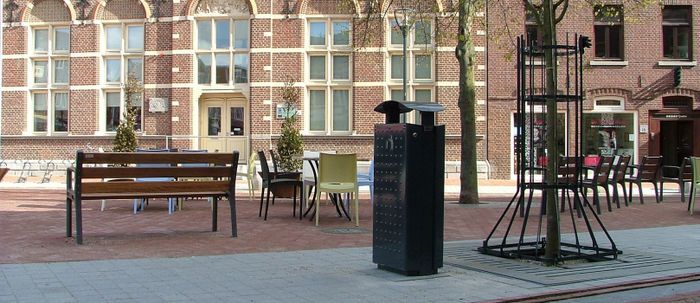
New website, same products
You have been redirected from Bammens.com to our website. Don't worry! This is absolutely correct. In 2018, VConsyst acquired the company Koninklijke Bammens B.V.. As of January 1, 2023, we have moved from multiple brands to one brand. The trusted Bammens products, such as the classic Capitole, will continue to exist. But instead of the company name Koninklijke Bammens B.V. these products will now be called Bammens Capitole.
So are you looking for the Bammens Capitole, Bammens Prestige or Bammens Magnapole, for example? You can now find it at vconsyst.com. The same quality products under a different name.
You can find the products with an English description by clicking the button.
